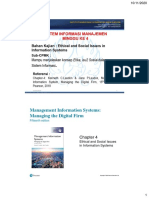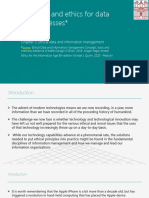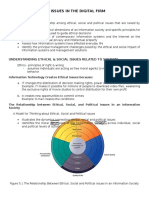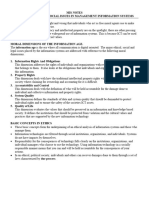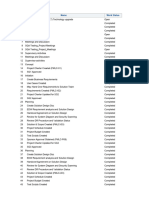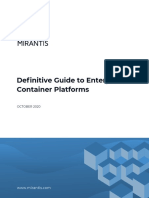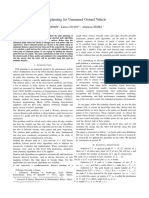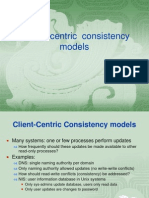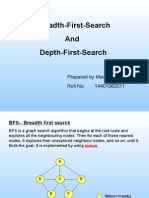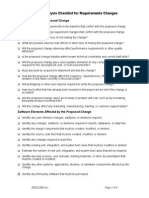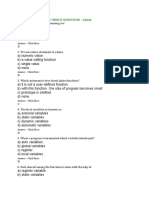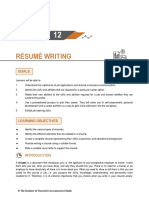0% found this document useful (0 votes)
33 views16 pagesCH10-Data Privacy and Ethical Issues With Notes
This document provides an overview of data ethics and privacy issues. It defines ethics, morals, and data ethics. It discusses how technology has created new activities and behaviors that necessitated the concept of data ethics. It outlines categories of ethical issues like privacy, accuracy, and property issues. It also defines concepts like cyberethics, computer ethics, internet ethics, and information ethics. Finally, it discusses data privacy and techniques like data gathering that can threaten privacy.
Uploaded by
Qais Ahmad AminCopyright
© © All Rights Reserved
We take content rights seriously. If you suspect this is your content, claim it here.
Available Formats
Download as PDF, TXT or read online on Scribd
0% found this document useful (0 votes)
33 views16 pagesCH10-Data Privacy and Ethical Issues With Notes
This document provides an overview of data ethics and privacy issues. It defines ethics, morals, and data ethics. It discusses how technology has created new activities and behaviors that necessitated the concept of data ethics. It outlines categories of ethical issues like privacy, accuracy, and property issues. It also defines concepts like cyberethics, computer ethics, internet ethics, and information ethics. Finally, it discusses data privacy and techniques like data gathering that can threaten privacy.
Uploaded by
Qais Ahmad AminCopyright
© © All Rights Reserved
We take content rights seriously. If you suspect this is your content, claim it here.
Available Formats
Download as PDF, TXT or read online on Scribd
/ 16













